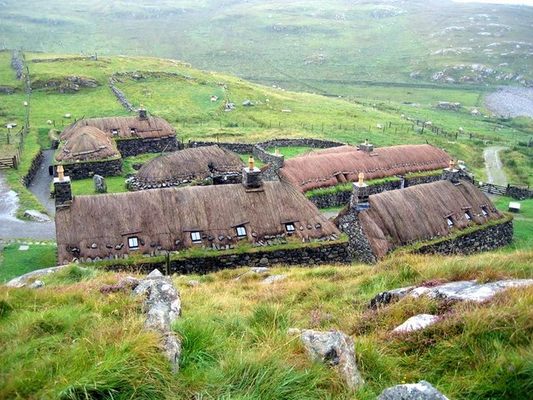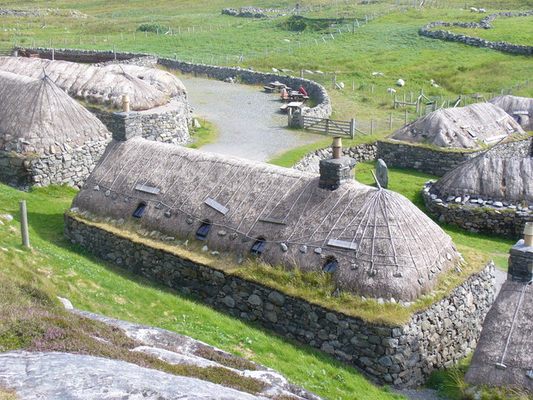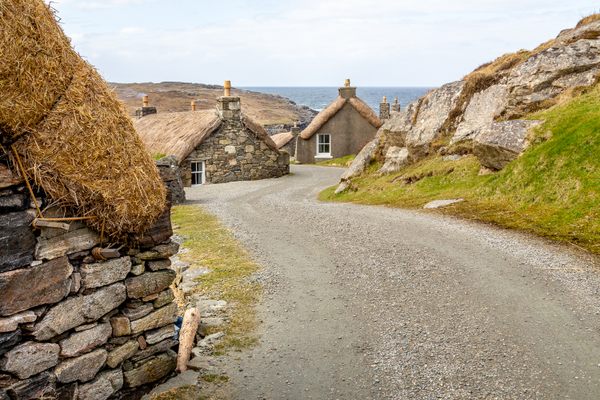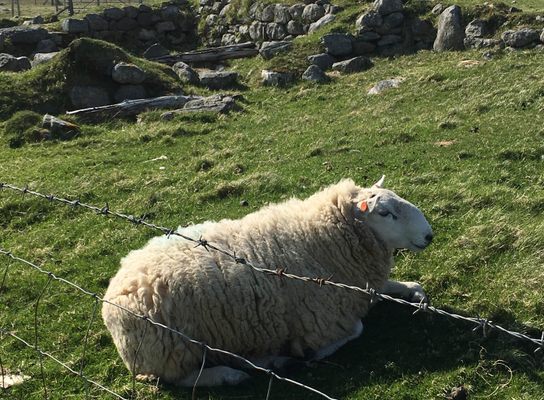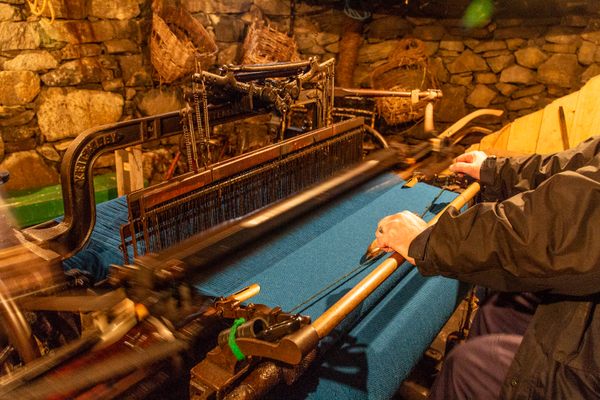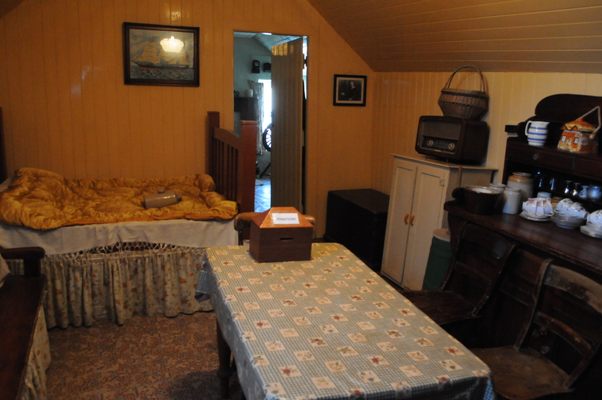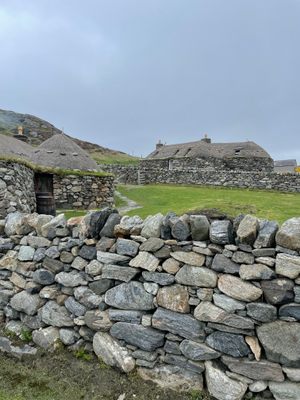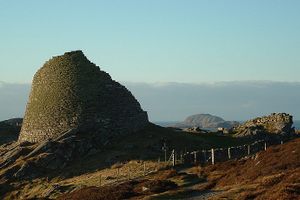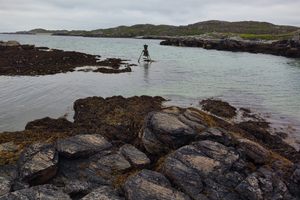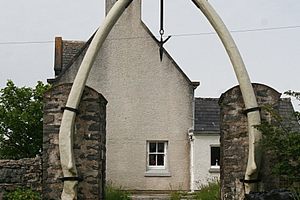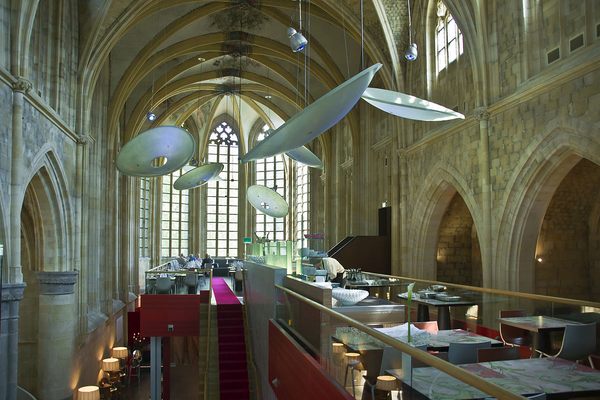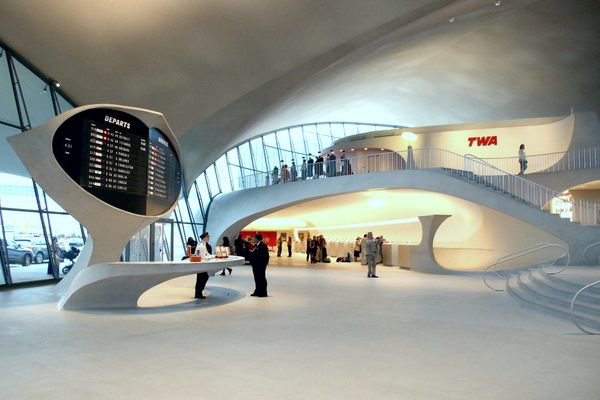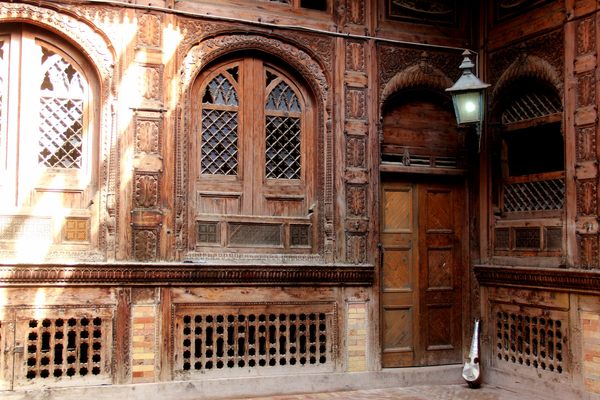About
Huddled atop a hill overlooking the fierce Atlantic is a quaint cluster of stone cottages. This once-abandoned village both preserves a piece of the Outer Hebrides’ past and serves as a picturesque place for travelers to spend a night or two.
This cluster of houses was built in the late 1800s. They’re the traditional blackhouses that once dotted the Hebridean landscape.
For centuries, Highlanders and their livestock lived in these one-room abodes. The houses, which featured packed earth floors, drystone walls, and thatched roofs, offered refuge from the wild North Atlantic weather. A fire in the central hearth kept the space warm, and a divider separated the human inhabitants from their farm animals, which remained huddled at one end of the building.
Between 1945 and 1965, the other crofts and blackhouses on the Isle of Lewis received running water and electricity. People lived in these houses until the 1970s, when the village’s remaining elderly residents moved into more modern homes that didn’t require as much upkeep. It seemed as though the village would then be lost to time, destined to crumble and decay until it was no more than a ruin.
But in 1989, Urras nan Gearrannan, the local trust, set to work restoring and preserving these historic buildings. Now, the renovated blackhouses are available as holiday accommodation. Families can rent individual cottages, or budget travelers can hunker down in the hostel. Each building is named after the family that once lived there, and bits of the village serve as a museum that honors this bygone way of island life. You may even catch a glimpse of someone weaving Harris Tweed!
While there, be sure to venture beyond the village. Its perch along the Isle of Lewis’ western coast offers prime access to spectacular coastal hikes.
Related Tags
Know Before You Go
For the hostel, prices are £20.00 per person per night. The Family Room costs £65.00 per night. It's recommended to book your bed in advance, although the hostel does accept walk-ins if space allows. You may also book the individual cottages online as well.
The signage is in Gaelic, so wayfinding can be an interesting challenge. The locals speak English, but when not addressing tourists it is a great opportunity to listen to the language.
Near this village is the Calloway Mill, where they process the wool to be made into Harris Tweed, send it out to the weavers on five-foot "beams," and then clean the fabric that is returned, package it, and send it around the world where it is made into suit jackets, hats, wallets, and other items. Tours are on Tuesday and Wednesday mornings. Stop by anytime to make an appointment. Ask for Billy.
Community Contributors
Added By
Published
January 9, 2019

